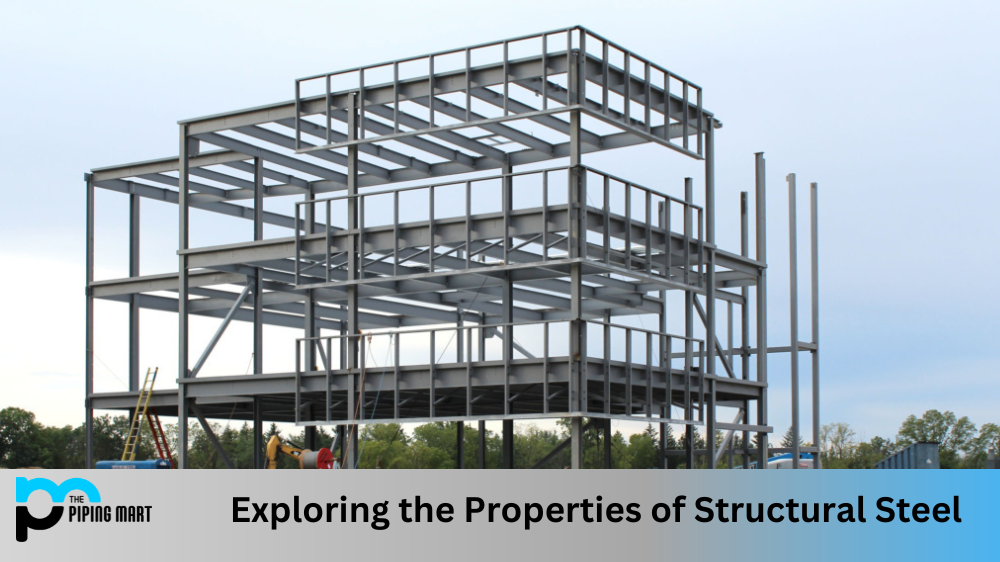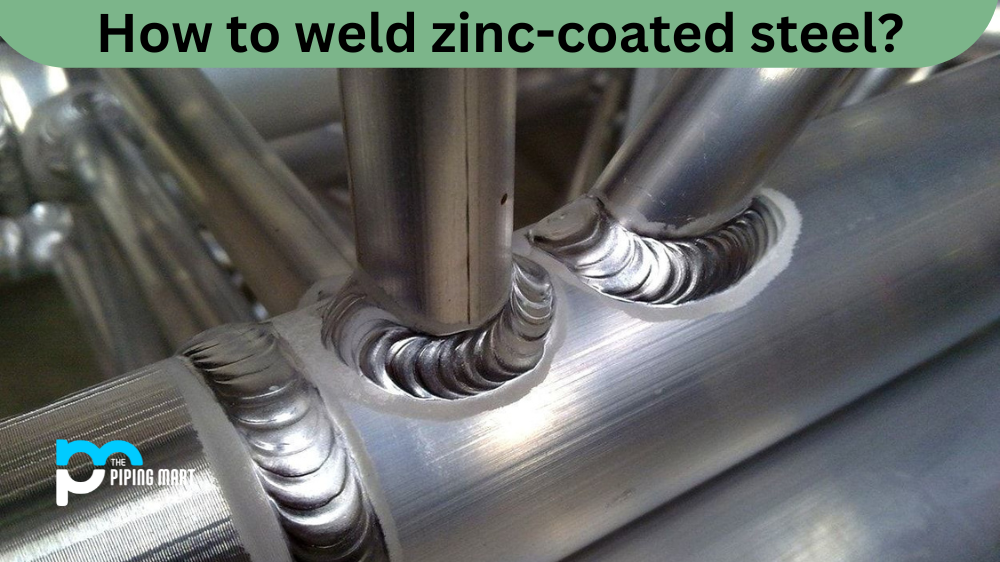Structural steel is an incredibly versatile material. It is strong, durable, and versatile enough to be used in various applications. In this blog post, we will explore the physical, chemical, and mechanical properties that make structural steel a popular choice for many construction projects.
Physical Properties of Structural Steel
Structural steel has a high strength-to-weight ratio, which can support heavy loads while still being lightweight. This makes it ideal for constructing large structures like bridges and skyscrapers and smaller items such as handrails and ladders. Additionally, structural steel has excellent corrosion resistance due to its high chromium content. It can withstand harsh weather conditions without rusting or corroding too quickly.
Density
One of the most important physical properties of structural steel is its density. This is because the thickness of steel directly affects its strength. The higher the density of steel, the stronger it will be. The density of steel can range from 7,850 to 8,050 kilograms per cubic meter.
Young’s Modulus
Another important physical property of structural steel is its Young’s modulus. This is a measure of the steel’s elasticity, or ability to return to its original shape after being deformed. The higher Young’s modulus, the better the steel can withstand stress without being permanently deformed. Young’s modulus of steel can range from 190 to 210 gigapascals.
Tensile Strength
The tensile strength of a material is a measure of its ability to withstand forces that are trying to pull it apart. The higher the tensile strength, the stronger the material will be. The tensile strength of structural steel can range from 400 to 2,000 megapascals.
Yield Strength
The yield strength of a material is a measure of its ability to withstand forces trying to permanently deform it. The higher the yield strength, the stronger the material will be. The yield strength of structural steel can range from 250 to 1,500 megapascals.
Thermal Conductivity
The thermal conductivity of a material is a measure of its ability to conduct heat. The lower the thermal conductivity, the better the material will insulate against heat transfer. The thermal conductivity of structural steel can range from 25 to 100 watts per meter Kelvin.
Chemical Properties of Structural Steel
Structural steel also has excellent chemical properties. It is composed primarily of iron and carbon but contains small amounts of other elements, including manganese, sulfur, phosphorus, silicon, and copper. These other elements help improve the material’s strength and ductility while also improving its corrosion resistance.
- Structural steel is an alloy of iron and carbon.
- The carbon content of structural steel can range from 0.08% to 2%, with the most common grades being A36, A572, and A588
- The higher the carbon content, the harder and stronger the steel will be.
- Structural steel can also be classified by its chemical composition, with the most common grades being low-carbon, high-carbon, and ultra-high carbon steel.
- Structural steel can be heat treated to improve its strength, ductility, and toughness.
Mechanical Properties of Structural Steel
The mechanical properties of structural steel are equally impressive. It is strong enough to support heavy loads yet flexible enough to be molded into different shapes without breaking or cracking under pressure. Additionally, structural steel has good fatigue strength, which allows it to handle cyclic loading without permanent deformation or damage over time. This makes it ideal for use in car frames and suspension systems, where these properties are essential for safe operation.
Tensile Strength
Tensile strength is the force a material can withstand before it breaks. Structural steel has a high tensile strength, which means it can withstand a lot of force before it breaks. This makes it an ideal material for construction purposes.
Yield Strength
Yield strength is the force a material can withstand before it begins to deform. Structural steel has a high yield strength, which means it can withstand a lot of force before it begins to deform. This makes it an ideal material for construction purposes.
Modulus of Elasticity
Modulus of elasticity measures a material’s ability to resist deformation under load. Structural steel has a high modulus of elasticity, so that it can resist deformation under load very well. This makes it an ideal material for construction purposes.
Ductility
Ductility is a measure of a material’s ability to deform without breaking. Structural steel has high ductility, which means it can bend without breaking. This makes it an ideal material for construction purposes.
Impact Strength
Impact strength is the energy a material can absorb before it breaks. Structural steel has a high impact strength, which means it can absorb a lot of energy before it breaks.
Conclusion:
Structural steel’s physical, chemical, and mechanical properties make it an ideal choice for many large and small construction projects. Its high strength-to-weight ratio allows for heavier loads without adding unnecessary weight; its excellent corrosion resistance ensures it won’t quickly break down in harsh climates; and its impressive fatigue strength makes it suited for cyclic loading applications like car frames and suspension systems. With all these benefits combined in one material, there’s no wonder why structural steel is so popular among architects and engineers alike!
Sakshee is a talented blogger, with a particular focus on the Business and Metal Industry. She is passionate about sharing her insights on various metal products and helping professionals to make a better decisions.




